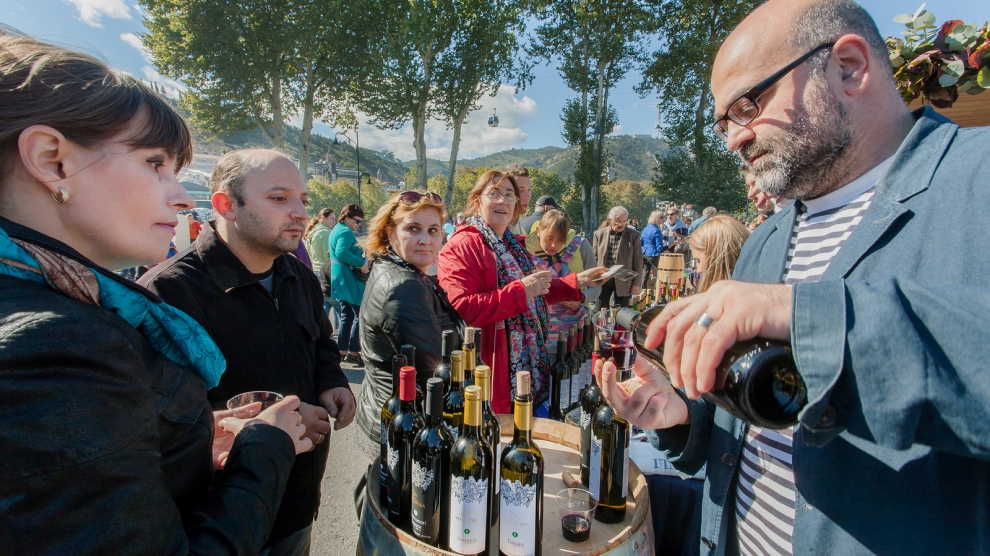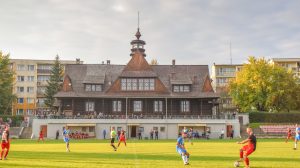As regular readers will know, I recently fell head over heels in love with the rather exquisite Georgian alphabet. So much so that I decided to spend as much free time as possible over the next few months learning both the alphabet and a few basics of the Georgian language. Enough, at least, to allow me to grasp the meaning of a news article or make the odd joke with my Georgian friends.
(Before you ask: my studies are going well, გმადლობთ).
However, as anyone who has ever tried to learn a language at home on their own will know, self-study is never easy. The absence of a native speaker to help with tricky questions and offer a guide on pronunciation is a serious handicap. Being based in Bucharest I have few options when it comes to learning Georgian, however. Those of you who live in London are far luckier: you now have expert tuition in just about every emerging Europe language on your doorstep.
My alma mater, the School of Slavonic and East European Studies (better known as SSEES), part of University College London (UCL) is offering an unparalleled range of short courses in Central and East European languages – some of which are not available for part-time study anywhere else in the UK.
Enrolment is open to all, regardless of academic background, and starts in August, with the courses themselves beginning in the autumn. The courses run over three terms, with a total of 60 hours tuition available. Classes are held once a week, on weekday evenings at 6:30pm.
The languages on offer this year are: Albanian, Bulgarian, Czech, Estonian, Finnish, Georgian, Hungarian, Latvian, Lithuanian, Macedonian, Polish, Romanian, Russian, Serbian/Croatian, Slovak, Slovene and Ukrainian.
The courses equip students to communicate with confidence in their chosen language of study. All four skills are taught – reading, writing, listening and speaking – with particular emphasis being placed on oral communication. The courses present the language as it is spoken today in everyday situations, covering basic survival skills for beginners through to fluent discussions on contemporary issues for more advanced students.
The teachers of all of the courses are either native speakers, or have native fluency in the languages they teach. Many of them teach on BA and MA courses at UCL and at other universities.
There are as many as five levels of study available, from absolute beginners to those who have already developed an excellent knowledge of their chosen language and want to take the next step towards native fluency.
What’s more, all evening course students are automatically entitled free access to the internationally-renowned SSEES library, where you can access all the resources you may need to further your language studies in your own time.
It’s a wonderful opportunity for anyone who wants to dive even deeper into the countries of emerging Europe.
You can find out more about the courses and how to enrol at the SSEES website, here.






Add Comment